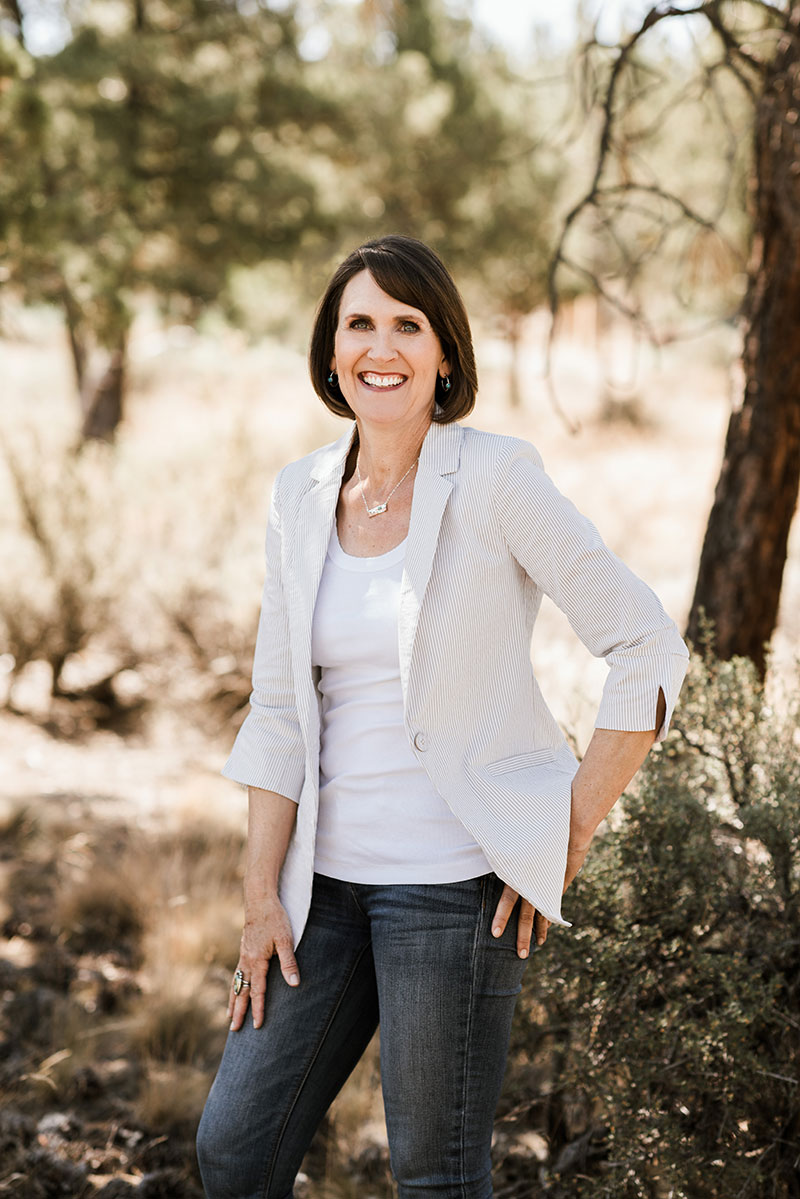THERAPIST – AUTHOR – GUIDE
THERAPIST – AUTHOR – GUIDE
Welcome. I’m glad you’re here.
I’m a psychotherapist and author who supports people in engaging the inner life as a pathway toward healing and relationally wise leadership.
I support leaders in attending to their emotional, relational, and spiritual worlds in ways that shape the communities they serve. I work primarily with pastors and others who shape faith-based communities, offering psychologically grounded spaces for reflection, integration, and growth through writing, teaching, and Renewed—a formational journey for leaders.
My path here
I earned my master’s degree in marriage and family therapy at a seminary that integrated clinical theory with Christian spirituality. That experience shaped a conviction that continues to guide my work: both psychological science and healthy spirituality are essential for healing and formation.
Over time, my clinical work and writing—particularly with those affected by trauma and adverse religious experiences—raised deeper questions about leadership, power, and formation within faith-based contexts.
I am currently completing a Doctor of Ministry in Leadership and Spiritual Formation. This work clarified a vocational focus that guides me today: preventing harm requires attending to leadership formation.
A psychotherapy-shaped approach to formation
At the heart of my work is Internal Family Systems (IFS), a psychotherapy model that offers a compassionate framework for understanding the inner life.
IFS understands the human person as having multiple inner “parts,” shaped by experience and oriented toward protection and care. It also names a centered, wise inner capacity—often called the Self—marked by curiosity, compassion, courage, and calm. I understand this capacity as reflecting the image of God within each person.
Applied to leadership formation, this framework helps explain why well-intentioned leaders do not always experience the outcomes or relationships they hope for—and how deeper inner work can support more relationally wise ways of leading.
My work today
While I am no longer accepting new individual therapy clients, the clinical wisdom of psychotherapy remains central to everything I do. My work now lives at the intersection of psychology, spirituality, and leadership formation—supporting leaders as they attend to their inner lives so they can lead with greater presence, integrity, and care.
My books serve both leaders and individuals seeking a more integrated and life-giving faith, reflecting the same commitments that shape Renewed.

